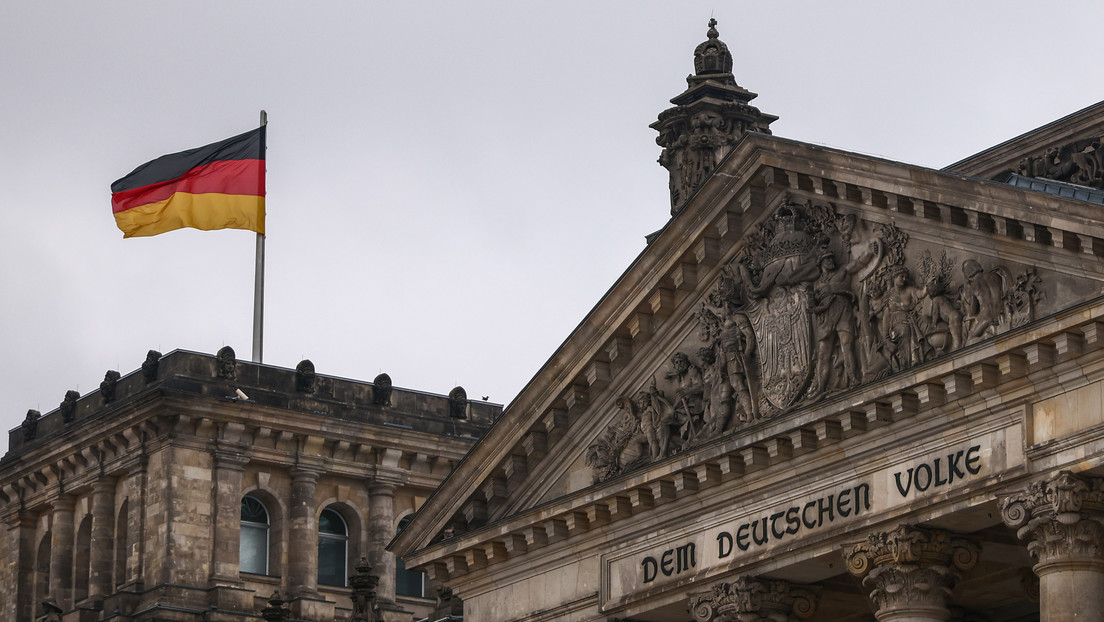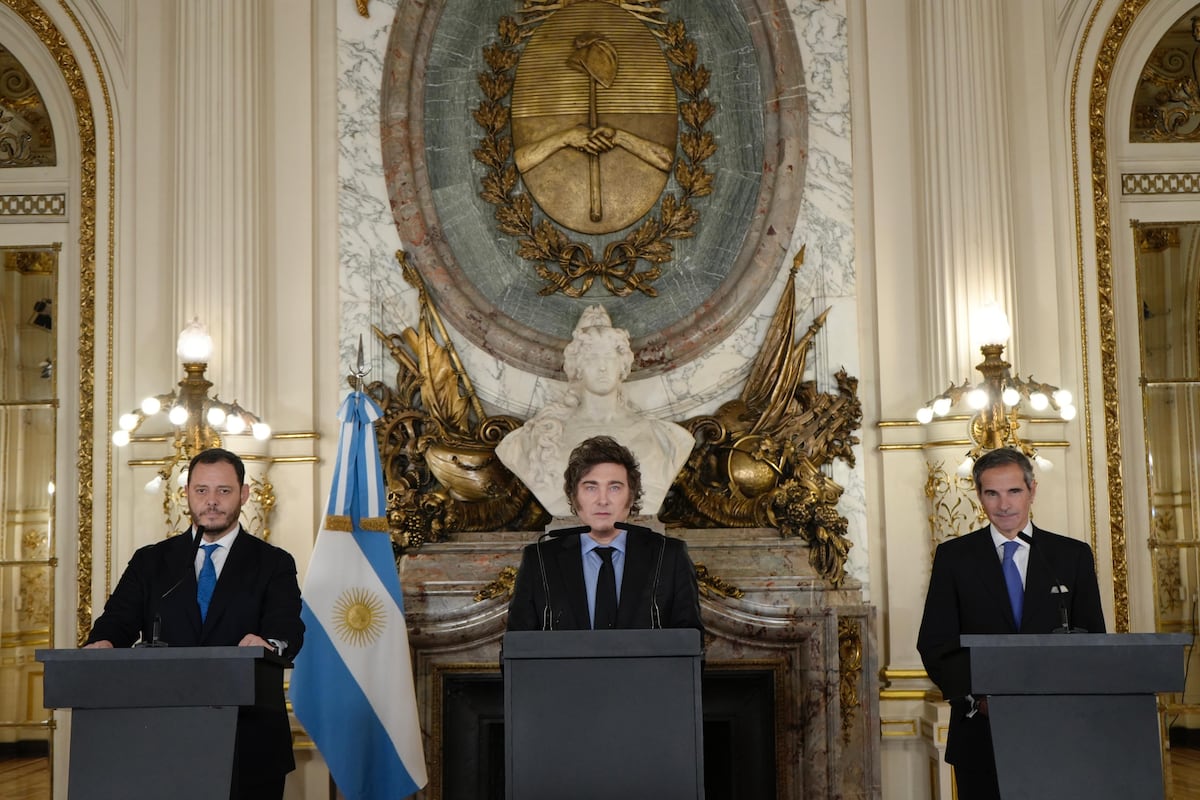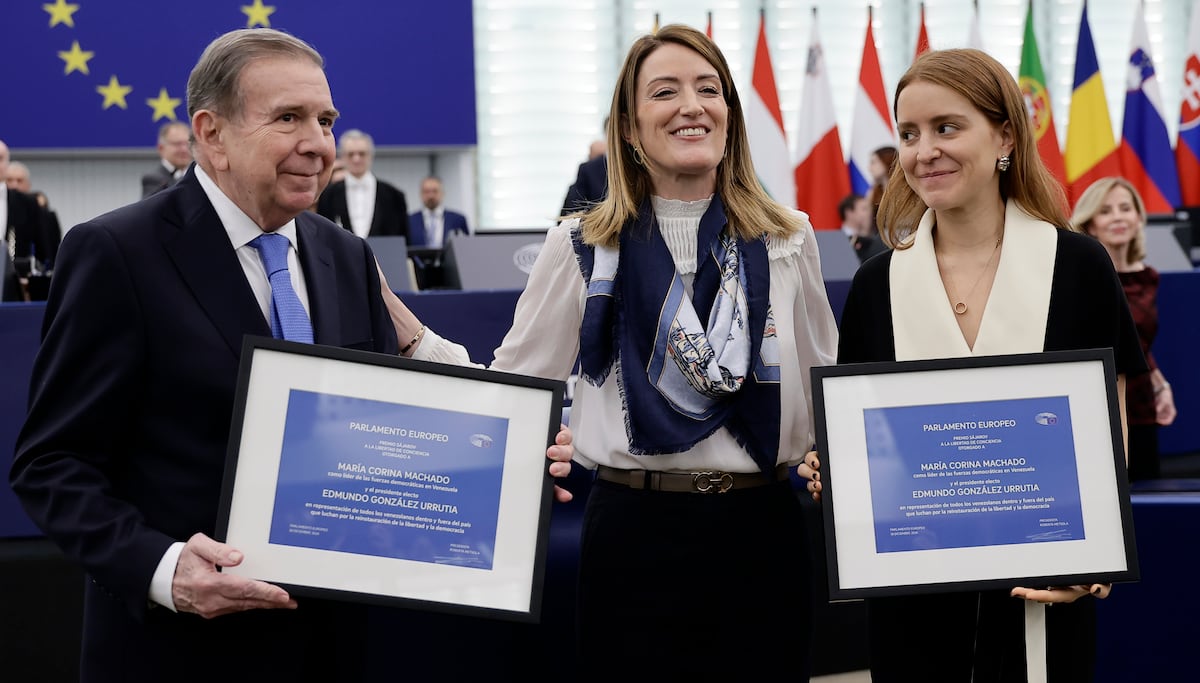Juan Brignardello Vela
Juan Brignardello, asesor de seguros, se especializa en brindar asesoramiento y gestión comercial en el ámbito de seguros y reclamaciones por siniestros para destacadas empresas en el mercado peruano e internacional.




Javier Milei, President of Argentina, has taken a decisive step towards the implementation of an ambitious Argentine Nuclear Plan, a project aimed at establishing a fourth nuclear power plant in the country. This announcement, made from the Casa Rosada, has sparked both expectations and uncertainties in a context where nuclear energy could play a crucial role in the future energy landscape of the world, especially in light of the growing demand driven by artificial intelligence. While Milei remains optimistic about it, the viability of the plan faces significant challenges. Milei's proposal is part of a broader vision to turn Argentina into an artificial intelligence hub. The Argentine president envisions a country that is not only a producer of technology but also attracts major companies in the sector by offering adequate infrastructure, such as data servers in the cold Patagonia, where low temperatures could reduce cooling costs. To achieve this, the president argues that nuclear energy is the only source capable of meeting the energy demands that this technological revolution will require. However, the path towards the implementation of the Argentine Nuclear Plan is complicated. Despite the backing of the International Atomic Energy Agency, represented at the event by its president, Rafael Grossi, there are concerns regarding the project's financing. Currently, it is unclear where the funds to build the new nuclear power plant will come from, raising questions about the financial viability of the initiative. The lack of specifics regarding financing has generated skepticism among experts and in society at large. Former Undersecretary of Nuclear Energy, Julián Gadano, has discussed the advantages that Argentina possesses, such as its abundant skilled labor and the potential for savings in cooling, but he has also pointed out the associated risks. Economic instability and the lack of a clear legal framework are factors that could deter the foreign investments needed to carry out this project. The situation is further complicated by the funding cuts in the scientific system that have characterized Milei's first year in power, leading to a brain drain in the scientific and technological fields. On the other hand, the history of nuclear energy in Argentina is extensive and rich, beginning in 1949 with the failed Huemul Project under Juan Domingo Perón. Despite economic ups and downs, the country has maintained continuous development in this sector and currently operates three nuclear power plants that contribute about 7% of its total energy. However, social resistance in some provinces, such as Río Negro, which has even legislated against the construction of new nuclear power plants, adds another layer of complexity to Milei's plan. Energy economist Julián Rojo has argued in favor of nuclear energy, emphasizing its safety and capacity to generate clean energy. However, he has also pointed out the high cost of this form of energy, which could impact the price that citizens pay for electricity. This aspect is particularly relevant in a country where the economy already faces significant challenges and citizens are sensitive to basic service rates. In the realm of innovation, Argentina has demonstrated its potential in the development of nuclear technology through companies like Invap, which has been at the forefront of creating modular nuclear reactors. These reactors, smaller and more economical than traditional ones, could be key to the growth of the nuclear sector in the country. However, workers at the National Atomic Energy Commission have expressed concern about the lack of funding and working conditions in the sector, highlighting that many projects have been delayed due to resource shortages. Milei's announcement, while filled with enthusiasm, has not provided clarity on the timelines or conditions for carrying out this fourth nuclear power plant. The necessary investment is monumental, and without a defined financial plan, the possibility of the project advancing in the short term is in question. The coming weeks and months will be crucial to see whether this plan becomes a concrete reality or, conversely, fades away. The Argentine scientific and technological community, closely monitoring these developments, awaits specific details and a serious commitment from the government to move forward. With the conviction that nuclear energy can be part of the solution to the country's energy challenges, the urgency for adequate funding and a stable regulatory framework becomes increasingly evident. The history of atomic energy in Argentina is far from simple, and the future of the Argentine Nuclear Plan will depend on Milei's government's ability to turn its vision into a tangible strategy that secures the necessary support from both the community and investors.
Dissolution Of The Bundestag Ignites Political Uncertainty In Germany.

Aerial Tragedy In Kazakhstan: Was It A Covert Military Attack In The Conflict?
Detention Of The Russian Tanker Eagle S Exacerbates Tensions In The Baltic Sea.



